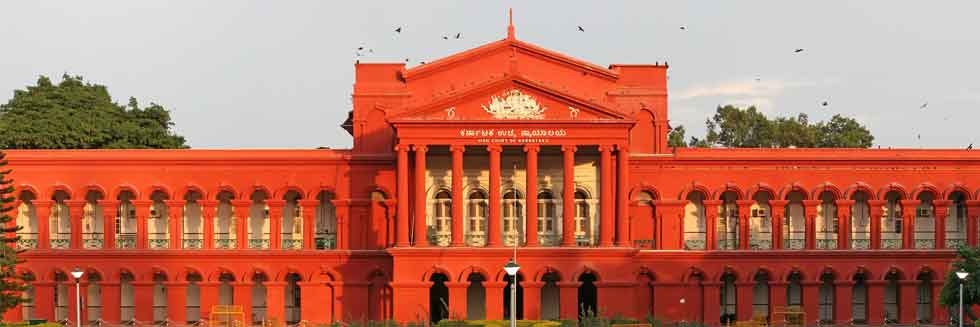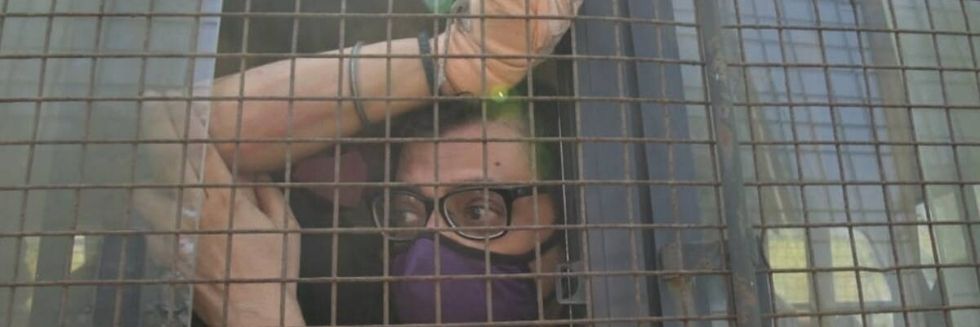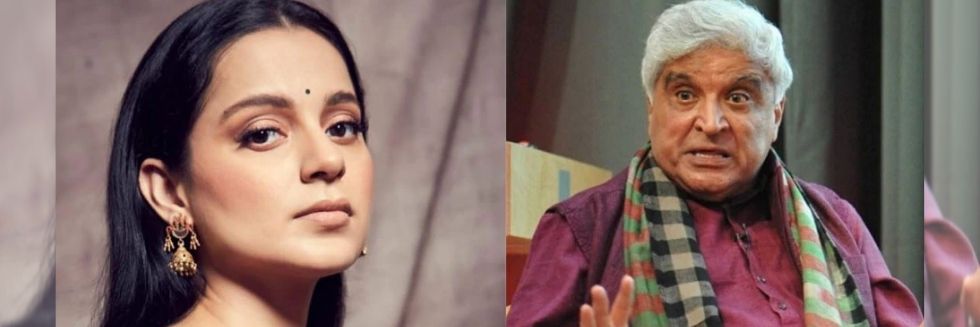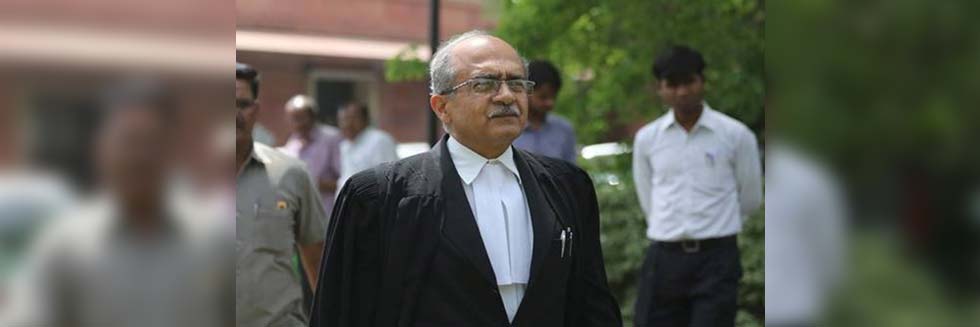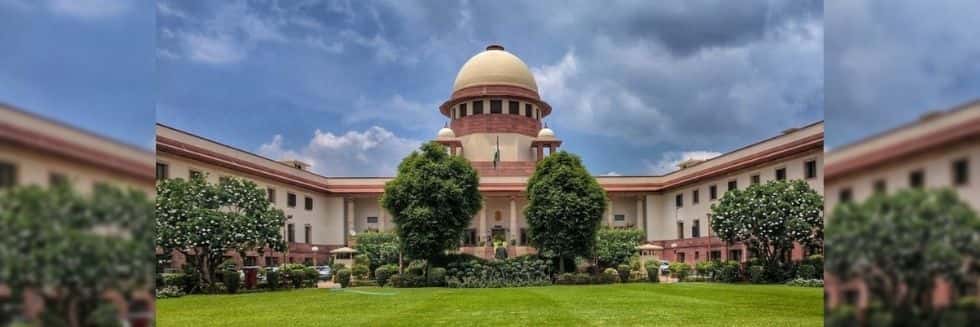While citing to a recent Supreme Court order wherein it had granted bail to Arnab Goswami, the Karnataka High Court has taken a similar stance and granted anticipatory bail to Rakesh Shetty, the Managing Direct and Editor of Power TV, in an alleged case of extortion.
The bench headed by Justice B A Patil cited the observations made by the Apex Court on personal liberty while ordering the release of Republic TV Editor-in-Chief Arnab Goswami. The bench granted anticipatory bail to Shetty with a bail bond of Rs 2 lakh.
“It is the duty of the Court to exercise its jurisdiction in a proper way to protect the personal liberty of a citizen. If the Courts do not interfere, we are troubling the path of destruction. This proposition of law has been laid down by the Hon’ble Apex Court in its recent decision of Arnab Goswami decided on 11th November 2020,” stated the court in the bail order.
Further, the court cited other orders where the SC has called for a liberal interpretation of the legal provision for anticipatory bail since it has been conceptualized under Article 21 of the Constitution, which relates to personal liberty.
Earlier, Justice D Y Chandrachud of the Supreme Court had orally expressed disappointment and said “There has to be a message to High Courts- Please exercise your jurisdiction to uphold personal liberty. We are seeing case after case. HCs are failing to exercise jurisdiction.”
Background
As per sources, the Bengaluru police has filed an extortion case against Rakesh Shetty after his channel ran a series of reports raising corruption allegations against the family of the Karnataka Chief Minister, BS Yeddyurappa, in the award of contract for a public housing project of Bengaluru Development Authority.
On 24th September, a complaint was lodged against Shetty by one Chandrakanth Ramalingam, a director with Ramalingam Construction Company Limited who alleged that Shetty had coerced him into saying that he made payments to political persons for the award of contracts, and that these conversations were recorded and telecast by Power TV.
Subsequently, Shetty moved the HC in October after the Bengaluru crime branch began to probe into Ramalingam’s complaint. The High Court questioned Ramalingam’s claims and observed that he did not initially file a complaint or resist the attempts to influence contracts on his behalf.
The HC bench had later asked the Bengaluru Crime Branch police to return the equipment seized from the channel following the FIR, which had led to Power TV being forced off-air between September 29 and October 7. The court also said that the police cannot block social media channels of Power TV on the grounds of investigation, as this obstructs the everyday work of the channel.
